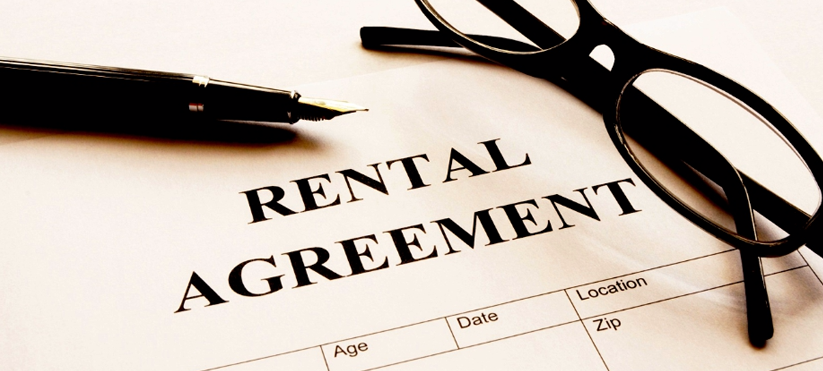Discover the different types of rental agreements and their implications. Find comprehensive information on rental agreements and their importance on our site.
Introduction
Definition of a rental agreement:
A rental contract is a legally binding agreement between a property owner and a tenant who wishes to temporarily occupy the property. This contract is usually documented in writing and differs from a lease, which is generally for a set period of time. The agreement includes essential information such as the identification of both parties involved, details about the property being rented, the duration of the rental period, and the specified rent amount for that period.
Importance of understanding different types of rental agreements:

Types of Rental Agreements
Month-To-Month Rental Agreements:
A month-to-month rental agreement, as the name implies, lasts for a period of 30 days. It is a written contract for a short term of 30 days. A month-to-month rental agreement is unlike a twelve months or eighteen months lease agreement.
Fixed-Term Rental Agreements:
Your contract is valid for a specific duration, such as 6 months or one year. It may specify a definite start and end date, or indicate that your lease is “for a fixed term of 12 months” from a certain commencement date.
Sublease Agreements:
A sublease occurs when the current lessee of a property leases it to a third party for a shorter period than their original lease. This creates a new agreement between the lessee and the sublessee, with the original lessee becoming the sublessor in the process.
A legal document signed between the property owner or landlord and tenant or lessee is known as a Commercial Lease Agreement. This binding agreement indicates that the tenant has now taken possession of a commercial property for a specific period of time solely for business purposes.
Implications of Different Types of Rental Agreements
Rights and responsibilities of tenants and landlords:
Landlords are usually responsible for maintenance and repairs throughout the rental period, whereas tenants or leaseholders are expected to maintain cleanliness and upkeep of the property. The lease agreement typically specifies the duties and obligations of each party.
Differences in lease terms and conditions
A lease agreement typically spans a long duration, ranging from six months to several years, while a rental agreement is typically for a shorter period, from month-to-month to a year. Lease agreements usually renew automatically unless terminated by either party, whereas rental agreements do not typically renew automatically.
Legal implications and consequences of each type of agreement:
Consequences if rent agreement is not registered and stamp duty is not paid. If a rent agreement is not registered or stamp duty is not paid then rent agreement is not considered as a valid documents. Registration of rent agreement is mandatory. unregistered rent deed is not considered as reliable documents.
Importance of Understanding Rental Agreements
Protecting the rights of both tenants and landlords:
The Rent Control Act in India governs the rights of both landlords and tenants. It mandates that rental agreements be documented, stamped, and officially registered. Tenants are protected from unjust eviction and exorbitant rent hikes.
Avoiding misunderstandings and disputes:
In order to avoid contract disputes, it is essential to establish a clear and written contract. Having a written contract provides a concrete documentation of the agreed terms, which greatly minimizes the chances of misinterpretations and disagreements.
Ensuring compliance with local rental laws and regulations:
Adhering to the legal requirements and regulations governing local rental properties is of utmost importance. It is crucial to ensure that all aspects of the rental process, from tenant screening to lease agreements, are in full compliance with the laws and regulations set forth by the local authorities. This includes staying up to date with any changes or updates to the rental laws and making any necessary adjustments to rental practices to remain in accordance with the legal requirements. By doing so, landlords can avoid potential legal issues and provide a safe and fair rental environment for their tenants.
Conclusion
In closing, it is essential to review the various kinds of rental agreements that exist in the market to ensure a comprehensive understanding of the terms and conditions involved. It is crucial to emphasize the significance of fully comprehending rental agreements before signing any contract to avoid any potential misunderstandings or disputes in the future. It is highly recommended for individuals to seek guidance from legal professionals or experts in the field when considering entering into a rental agreement to ensure that their rights and interests are protected throughout the duration of the agreement.


